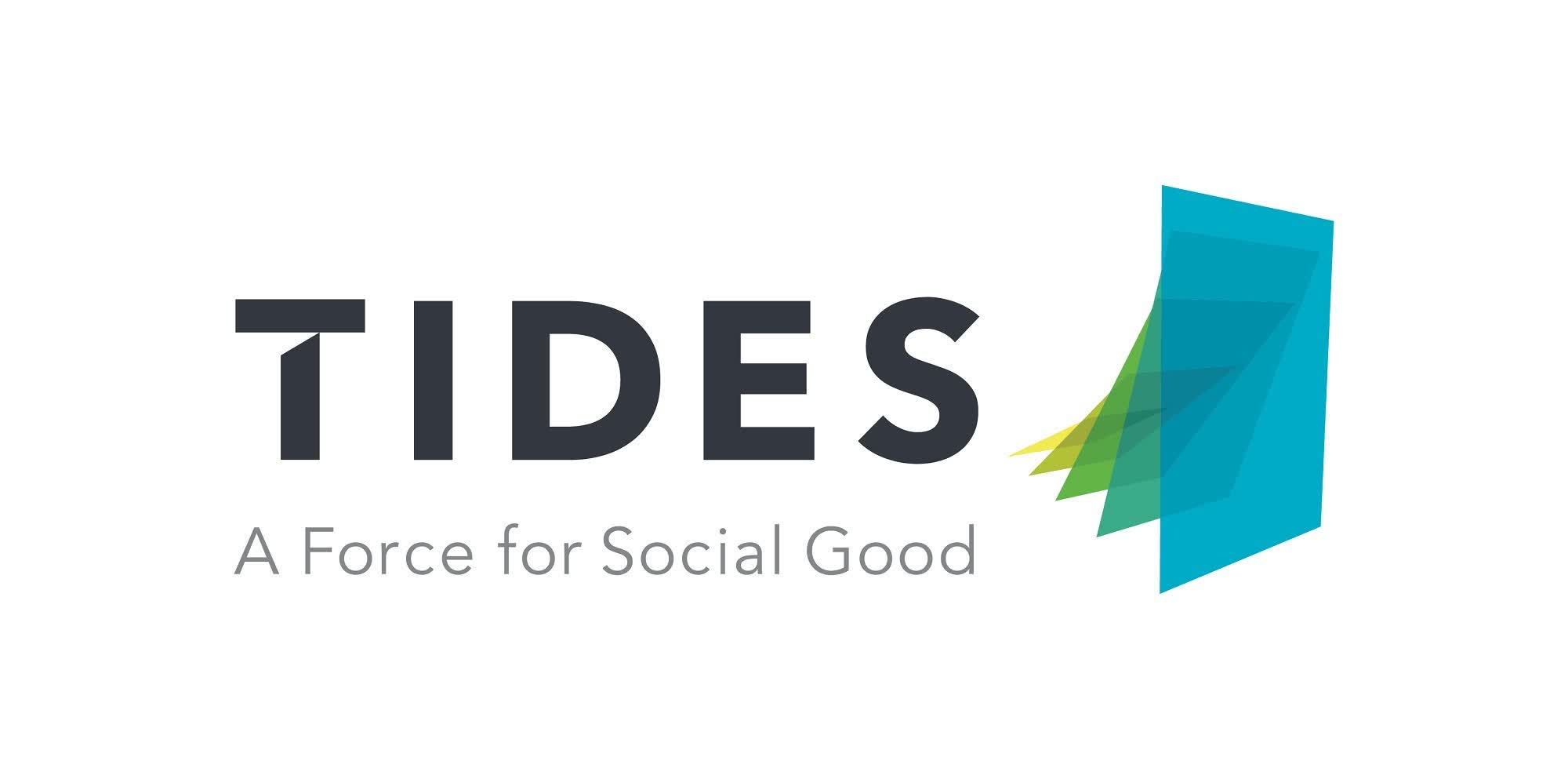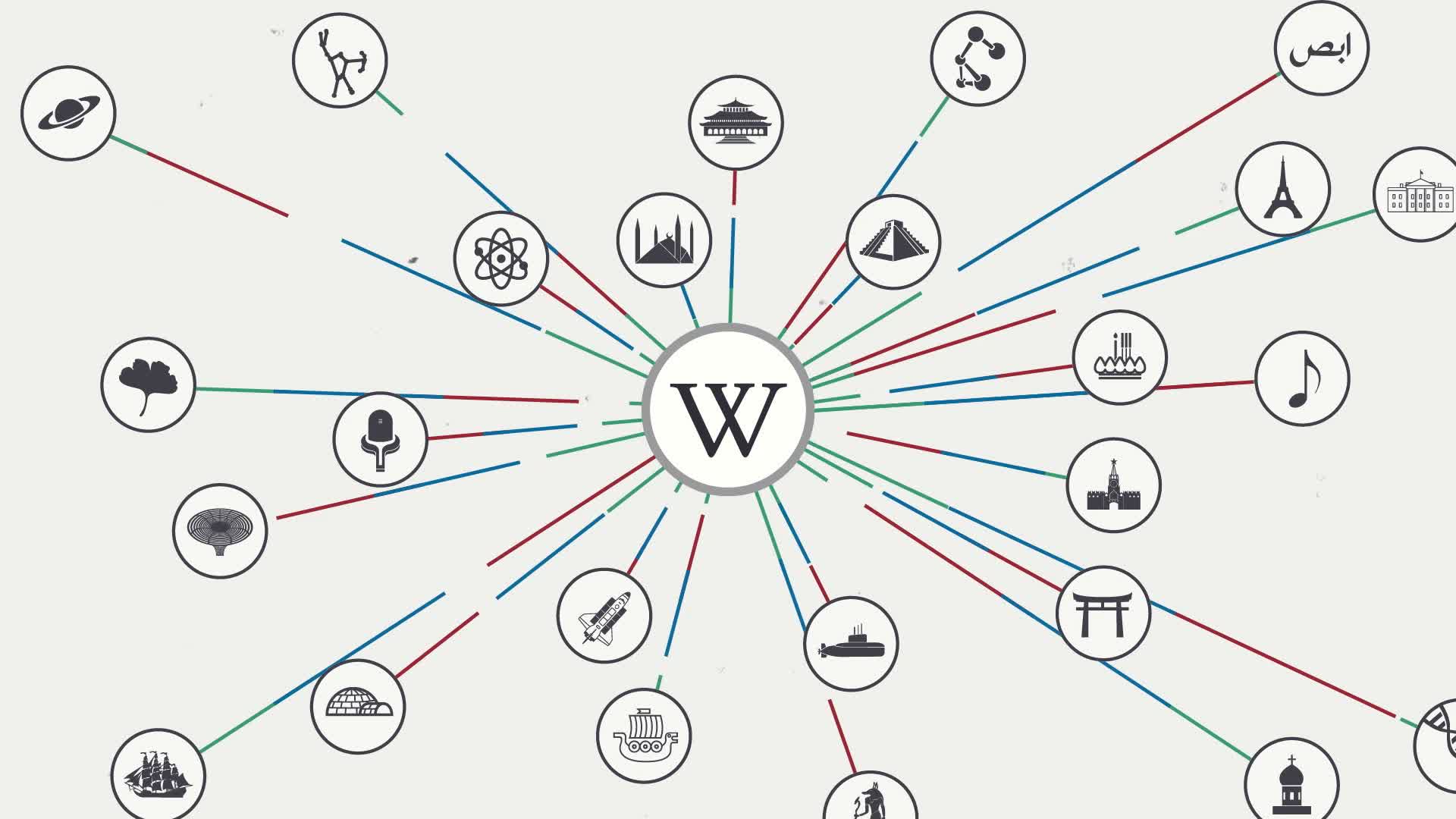Editor's take: Wikipedia, despite ample resources in silo, is asking yet again for more donations. Big-name corporate sponsors and big data deals behind the scenes tarnish the platform's picture-perfect image as the internet's first source for scholars and students alike.
The ubiquitous non-profit online encyclopedia, Wikipedia, is once again asking its readers to donate. You've likely seen the banners at the top of each page.
After ten years of fundraising, the Wikimedia Foundation (WMF) has already achieved its goal of an endowment of $100 million, five years earlier than projected, "a permanent source of funding to ensure Wikipedia thrives for generations to come." Critics are slamming the platform for not leaning more heavily into what has already been accumulated.
This total includes gifts from mega-giants such as Amazon, Google, Facebook, and other huge tech companies, begging the question: why can't more funds be found here? Why ask the readership?
Those playing by the book continually point to what they deem a very suspicious relationship with the Tides Foundation, one of the primary contributors to the $100 million endowment in question. When company events were put on hold due to the pandemic, the money allocated for them was simply transferred over to a "Tides Advocacy" fund.

There's also the announcement of daughter company, Wikipedia, LLC. This new platform will include integrated services, made possible by selling the Wikipedia API to some of the companies mentioned previously. With these new features, users will be able to browse Wikipedia using, say, an Alexa device.
Long-time volunteers with the service have shown concern. The platform's inception is rooted in the free dissemination of information. All of this extra money coming through, they worry, will motivate the wrong people to do things that undermine the spirit of Wikipedia. In 2007, Wikipedia had 11 employees total. Now that number is more than 500, with top managers earning mid-six figures salaries and over 40 people working on fundraising exclusively.
The company is often boastful about the fact that their site runs no ads, aside from this fundraising call to action when the season is upon us. Users in India saw them for the first time last year, causing many in the country to fear for the platform's well-being. These fears are largely unfounded though. In fact, the Wikimedia Endowment and Foundation actually exceeded their fiduciary goals by $17 million so far this year.
Calling upon the users who depend on it to "defend Wikipedia's independence" is a far cry from the monolithic, omniscient voice of reason that long-time Wiki readers hope to hear once more. Having a nest egg for a rainy day is one thing. Siphoning off of the system unnecessarily is another. If "knowledge equity" truly is what they have their sights set on, monetizing the platform is probably not the way to do it. Nothing is crueler than a paywall where, before, there was a bottomless wealth of information to indulge in freely.
Update: The original article has been slightly edited as it implied Wikipedia could be moving toward a for-profit model which the Wikimedia Foundation tells us is incorrect. What this opinion column – based on this report from the Daily Dot – is trying to reflect is that the WMF reports healthy financials, however at the same time is growing fundraising tactics that show them as if the Wikipedia project was in dire need of help.
In addition here's a partial statement from the Wikimedia Foundation:
We are thankful to our major donors, many of whom choose to be publicly recognized via our benefactors page. These companies regularly use Wikimedia projects to power their own products and we believe it's critical to provide ways for those companies to give back to the free knowledge movement. At the same time, the majority of our donations (almost 80%) come from Wikipedia readers with the average donation being $15. This ad-free, reader-funded model was set up intentionally. Because of this model, we are not beholden to any entity for the content we host or the actions we take. Wikipedia will always remain ad-free.
Wikipedia will always be free for everybody. Individuals and commercial organizations alike will continue to have free access to our projects, content and data, all of which is freely-licensed for anyone to use and reuse for any purpose. Wikimedia Enterprise simply offers commercial enterprises an opt-in product that will allow them to more efficiently integrate our content into their services. We have extensive documentation on the product offering. The entire Wikipedia model, including all content and software, remains free for anyone (including big companies) to use and access.
